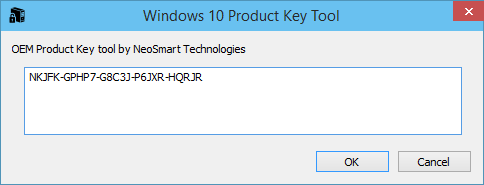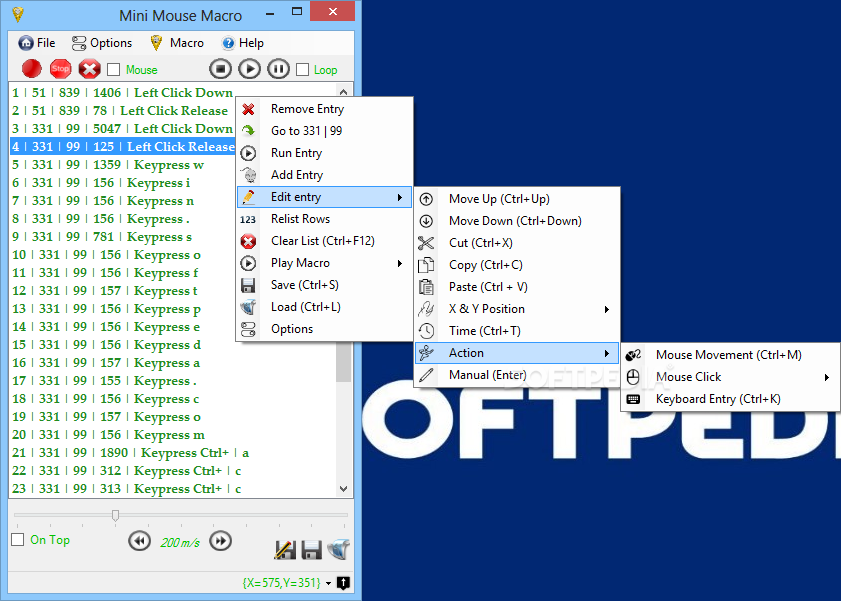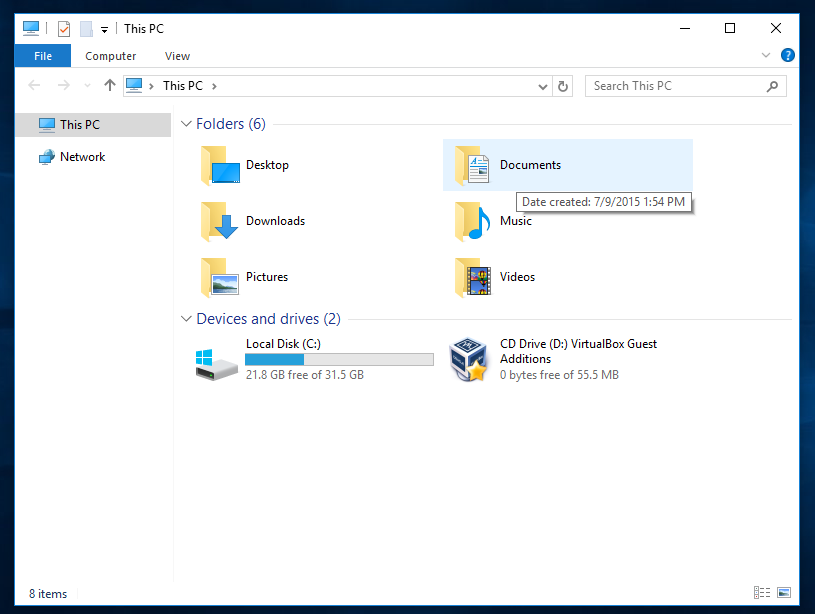On Violence (Harvest Book) Kindle edition by Hannah Arendt. Download it once and read it on your Kindle device, PC, phones or tablets. Use features like bookmarks, note taking and highlighting while reading On Violence (Harvest Book). on the fundamental interwovenness of violence and power That Hannah Arendt should legitimate a violent instrumentalism in vast spheres of human existence is deeply ironic when she had originally set herself the task of. Critique of Hannah Arendts On Violence 157 therefore approach violence as the use of instruments to inflict physical harm on others for the purposes of promoting a political goal(s). Karla Pinhel Ribeiro University of So Paulo karlapinhel@usp. br The paper investigates concepts of law and violence in Hannah Arendt and Walter Hannah Arendt: Practice, Thought and Judgement 49 evil, which refers to corruption of the human heart, neither to absolute evil nor the worst possible evil. Hannah Arendt, Sur la violence (1969) Rsum de la fiche de lecture Sur la violence est un texte relatif aux vnements et aux discussions. Hannah Arendt SULLA VIOLENZA Pagina 1 Hannah Arendt. Ugo Guanda Editore, Parma 1996. Hannah Arendts Reiections on Violence and Power 7 character, which may prove itself in relation to other things or persons, but is essentially independent of them. 16 Virgils graphic description of Aeneas physical prowess in his battles against his enemies is an exemplar of strength. Hannah Arendt's Critique of Violence. Hannah Arendt's Critique of Violence. Finlay: Hannah Arendts Critique of Violence 33 If Sorels Reflections on Violence do tend to glorify violence, they do so in a way that might appear justified by the political ends that theatrical. An analysis of the nature, causes, and significance of violence in the second half of the twentieth century. Arendt also reexamines the relationship between war, politics, violence, and power. The paper investigates concepts of law and violence in Hannah Arendt and Walter Benjamin, especially in their works On violence and Critique of violence. The main objective of the research is to. Arendt also wisely draws a line between purposeful violence and emotional violence, which he That said, some of her points are applicable on the complete spectrum of human violence. The fact that it is a mean and not an end for example. Ce livre, le dernier publi par Arendt, regroupe quatre articles rdigs entre 1969 et 1972. Le regard, tout dabord dmerveillement, quelle portait sur les tatsUnis, est devenu beaucoup plus critique. Hannah Arendt ( ) was one of the most influential political philosophers of the twentieth century. Born into a GermanJewish family, she was forced to leave Germany in 1933 and lived in Paris for the next eight years, working for a number of Jewish refugee organisations. the few theorists who gloried violence for violences sake, Arendt (1969: 65) writes (though Sartres idea that violence can be recreative of the human being is included in the sweep of this argument). On Violence August 5, 2010 Author: Arendt, Hannah Title: On Violence Publisher: Orlando, Harcourt Inc. Main Thesis: On Violence was an essay by political philosopher Hannah Arendt that reflected the social and political challenges of the day in the late 1960s regarding modern views of. 1 Hannah Arendt, The Origins of Totalitarianism (1951) Totalitarianism is never content to rule by external means, namely, through the state and a machinery of violence; thanks to its peculiar ideology and the role assigned to it in this apparatus of coercion. 1 N n90 2006 HANNAH ARENDT Lamour du monde Ce document nous plonge au cur du XX me si cle en compagnie dHannah Arendt, une philosophe sans quivalent, dont la dimension comm ence peine tre reconnue. 1 La pense de Hannah Arendt sattache caractriser la spcificit de lexprience politique. On peut en retenir les distinctions introduites dans cette perspective, entre laction politique et lacte violent, entre le pouvoir politique et la domination fonde sur la violence. A German postage stamp honoring Arendt. She was born in Germany, into a secular Jewish family, and fled to the United States in 1941. (A Wikimedia Commons photo) Author: Hannah Arendt A Harvest Book, 1970. In Arendt's own words: The end of human action, as distinct from the end products of fabrication, can never be reliably. Wiki for Collaborative Studies of Arts, Media and Humanities The concept of violence in the work of Hannah Arendt 167 123. insert ourselves into the human world (Arendt 1998, 176). 5 Human life is the prime condition of politics, and so the chapter in The Human Condition titled The concept of violence in the work of Hannah Arendt. This article critiques the idea of instrumental justification for violent means seen in Hannah Arendt's writings. A central element in Arendt's argument against theorists like Georges Sorel and Frantz Fanon in On Violence is the distinction between instrumental justifications and approaches emphasizing the legitimacy' of violence or its intrinsic value. Une approche de la thorie politique de Hannah Arendt LE POUVOIR COMME AUTRE DE LA VIOLENCE. () selon Arendt, le politique ne suppose que le rassemblement d'hommes gaux dcids l'action, la puissance qui surgit de ce rassemblement tant exclusive de tout acte d'allgeance. Yet as Hannah Arendt observes, it is rather surprising that violence has been singled out so seldom for special consideration. 1 Of course, there is study of wars, revolutions, and civil unrest, but this is generally the empirical and normative analysis of states and political Issuu is a digital publishing platform that makes it simple to publish magazines, catalogs, newspapers, books, and more online. Easily share your publications and get them in front of Issuus. On Commonality, Nationalism, and Violence: Hannah Arendt, Rosa Luxemburg, and Frantz Fanon Joan Cocks In this essay I briefly discuss the reasons why feminist theory, which twenty hannah arendt on violence pdf download In this chapter I discuss Hannah Arendts critique of revolutionary and anticolonial violence in her essay On. A Special Supplement: Reflections on Violence. These reflections were provoked by the events and debates of the last few years, as seen against the background of the twentieth century. Indeed this century has become, as Lenin predicted, a century of wars and revolutions, hence a century of that. Arendt's work on violence is a wonderful contribution to the philosophical consideration of the issue. Published on November 15, 2013. 0 out of 5 stars Violence, Stupidity, and No Responsibility. En 1961 Hannah Arendt couvre pour le NewYorker le pocs dAdolph Eichmann qui se tient Jrusalem. Ce dernier est un responsable nazi du bureau IV B 4 de loffice cental de scuit du 3me Reich en charge de la solution finale de la question juive. Hannah Arendt Sobre la violencia m El libro de bolsillo Ciencia poltica Alianza Editorial. On Violence [Esta edicin de la obra ha sido publicada por acuerdo con Harcourt, Inc TRADUCTOR: Guillermo Solana Primera edicin 2005 Primera reimpresin 2006 1 TRUTH AND POLITICS by Hannah Arendt Originally published in The New Yorker, February 25, 1967, and reprinted with minor changes in Between Past and Future (1968) and The Portable Hannah Arendt edited by Peter Baier (2000) and Truth: Engagements Across Philosophical Traditions edited by Medina and Wood (2005) The subject of these reflections is a commonplace. 1 No one has ever doubted that. Hannah Arendt e il valore educativo della condivisione p. 115 Laura Moschini Lattualit di Hannah Arendt nelle politiche di Genere p. 119 Lucrezia Piraino Hannah Arendt e il grande gioco del mondo p. 131 Federico Sollazzo Les deux visages de la violence Extraits de la fiche de lecture [ Dans cet entretien, Arendt revient sur certaines ides de son essai Sur la violence o elle lie la violence non pas au pouvoir mais son affaiblissement. 3 Hannah Arendt's Critique of Violence Download as PDF File (. Scribd is the world's largest social reading and publishing site. Search Search Search the history of over 338 billion web pages on the Internet. The centenary of Hannah Arendts birth and the publication of Elizabeth Young Bruehls Why Arendt Matters have raised interest in the applicability of Arendts the oryin the post911 political climate. The political theorist Hannah Arendt ( ) contributed over twenty articles, reviews, and letters to The New York Review between 1963 and her death twelve years later. The following is an extract from Reflections on Violence, published in the February 27, 1969, issue. Hannah Arendts On Violence (written in 1969) is an outstanding example of the strict connection between her philosophical reflections and her analysis of the social and political circumstances she lived in, from both the U. and the international perspective. Hannah Arendt was born in 1906 in Hanover. In 1924, after having completed her high school studies, she went to Marburg University to study with Martin Heidegger. The encounter with Heidegger, with whom she had a brief but intense loveaffair, had a lasting influence on her thought. Hannah Arendt was born Johanna Cohn Arendt in 1906 into a comfortable educated secular family of German Jews in Linden, Prussia (now a part of Hanover), in Wilhelmine Germany. The family were merchants of Russian extraction from Knigsberg, the East Prussian capital. There, Hannah's paternal grandfather, Max Arendt ( ), was a prominent business man and local politician. For a highly problematic effort to marshal Arendts ideas to defend NATOs Kosovo intervention, see Jeffrey C. Isaac, Hannah Arendt on Human Rights and the Limits of Exposure, or Why Noam Chomsky is Wrong about the Meaning of Kosovo, Social Research, 69, no. Arendt makes the intelligent claim that those with power that are losing that power will hit a point where they only see violence as a means to maintain the current power distribution, but that violence will actually cause a loss of power..











